 W
WMartin Samuel Allwood was a Swedish language educator, writer, sociologist, translator and professor. He was the father of professors Jens Allwood and Carl Martin Allwood.
 W
WKurt Almqvist (1912–2001) was a Swedish poet, intellectual and spiritual figure, representative of the Traditionalist School and the Perennial philosophy.
 W
WBengt Anderberg was a Swedish poet, novelist, editor and playwright.
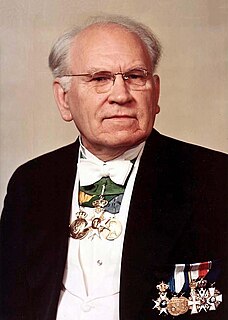 W
WKnut Stefan Anderson was a Swedish industrialist, journalist and master craftsman watchmaker decorated with badges of chivalric orders by the Kings of Sweden, Denmark and Norway and the President of Finland. He was the son of August T. Anderson and Hildegard von Reis and began to learn watchmaking in 1892 at age 13 in Norrköping.
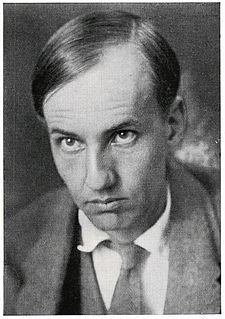 W
WDan Andersson was a Swedish author, poet, and composer. A nom de plume he sometimes used was Black Jim. Although he is counted among the Swedish proletarian authors, his works are not limited to that genre.
 W
WKent Yngve Andersson was a Swedish actor, theatre director and playwright.
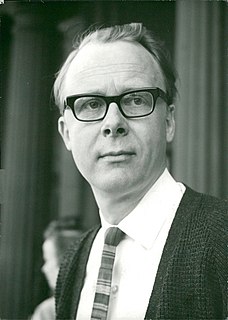 W
WLars Ardelius was a Swedish psychologist and novelist. He was born in Falun, lived in Stockholm and died in Visby.
 W
WSivar Arnér was a Swedish novelist and playwright.
 W
WKarl Werner Aspenström was a Swedish poet.
 W
WKarl Asplund was a Swedish poet, short story writer and art historian. He made his literary debut in 1912, and was awarded the Dobloug Prize in 1955.
 W
WTage Aurell (1895–1976) was a Swedish journalist, novelist and translator. He was born in Oslo, Norway. He made his literary debut in 1932 with the novel Tybergs gård, while his literary breakthrough was Skillingtryck from 1943. He was awarded the Dobloug Prize in 1966.
 W
WNecip Kurdo Sirka Baksi, is a Swedish social commentator and author. Baksi was born in Batman, Turkey, of Kurdish descent. He is the brother of Nalin Pekgul and the nephew of Mahmut Baksi. He came to Sweden in 1980 along with his parents and four siblings.
 W
WHjalmar Fredrik Elgérus Bergman was a Swedish writer and playwright.
 W
WErik Axel Blomberg was a Swedish poet, translator and critic.
 W
WBo Johannes Edfelt was a Swedish writer, poet, translator and literary critic.
 W
WCarl-Göran Ekerwald is a Swedish novelist, literary critic, forest worker and teacher. Among his works are the short story collection Kumminåkern from 1962, and Skogvaktarens pojke from 2002. He was awarded the Dobloug Prize in 1987.
 W
WSven Gustaf Fagerberg (1918–2006) was a Swedish novelist, essayist, and civil engineer. He made his literary debut in 1957, with the novel Höknatt. Among his later novels are Svärdfäktarna from 1963 and De blindas rike from 1982. He was awarded the Dobloug Prize in 1980.
 W
WFolke Ivar Valter Fridell was a Swedish writer of the proletarian school and syndicalist.
 W
WBo Harald Giertz was a thrice-widowed Lutheran theologian, novelist and bishop of the Gothenburg Lutheran Diocese from 1949 to 1970. By the time he became bishop, he was already quite well known in Sweden and elsewhere both as an author and as a priest. He worked hard to promote western Swedish Pietism, an outlook that strongly resembled Neo-Lutheranism. Mostly it was a piety that took Scripture seriously, though not in a fundamentalist, literalist sense, and that centered Christian life on sacraments and prayer. Giertz's combination of pietist pastoral care with High Church Lutheran theology, which can also be noticed in his novels, gained for him a wide readership and made his novels as well as non-fiction books about Christian faith popular in Scandinavia. Giertz wrote more than 600 works but is known in the English-speaking world mostly for his book The Hammer of God.
 W
WPer Göran Greider is a Swedish social democratic journalist, author and poet. Greider's poetry was first published in 1981.
 W
WPer Waldemar Hammenhög was a Swedish writer and novelist. The trivial, petty bourgeois urban environment forms the basis of many of his early realistic novels, whereas his later works turned towards religious and moral issues. Writing more than 40 novels, Hammenhög is probably best known for Pettersson & Bendel (1931), a humorous novel adapted twice to screen.
 W
WBob Hansson is a Swedish poet and author. Hansson has written nine poetry books, the made his debut in 1998 with the book "Heja Världen", after that he released another three poetry books. A poetic, an interview book "Kärleken Hur fan gör man", and four novels.
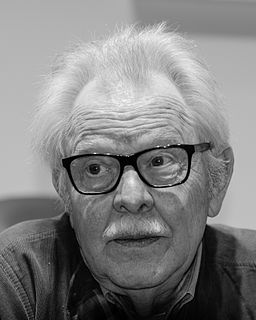 W
WKarl Gunnar Harding is a Swedish poet, novelist, essayist and translator, considered 'one of Sweden's foremost poets'. Among his other poetry collections is Starnberger See from 1977. Among his novels is Luffaren Svarta Hästen from 1977. He published the children's book Mannen och paraplyet in 1990. He was awarded the Dobloug Prize in 2011.
 W
WGustav Hedenvind-Eriksson was a Swedish novelist. He made his literary debut in 1910 with the novel Ur en fallen skog. Later novels are Vid Eli vågor from 1914, Järnets gåta from 1921, and På friköpt jord from 1930. His books often deal with his experiences as a logger, a navvy or a sailor, and are inspired by the oral storytelling he heard as a child in faraway Jämtland. He was awarded the Dobloug Prize in 1959.
 W
WFrank Heller was the pen name of the Swedish writer Gunnar Serner, . He wrote a string of light books about shady business transactions in an international milieu. His best known works concerned the recurring character Philip Collin, who was simultaneously a detective and a thief. He was uncle to the actor Håkan Serner.
 W
WAlf Ragnar Sten Henrikson was a Swedish author, poet and translator, known for his interest in language and for his broad general knowledge. He wrote a number of books about popular science and history, and for many years he was part of the staff of Dagens Nyheter, where he published short poems about current events or other topics.
 W
WBjörn-Erik Höijer was a Swedish novelist, short-story writer and playwright.
 W
WHarry Järv was a Finland Swedish librarian, author and translator. He was a lieutenant ranked veteran of World War II. By his political views Järv was an anarcho-syndicalist.
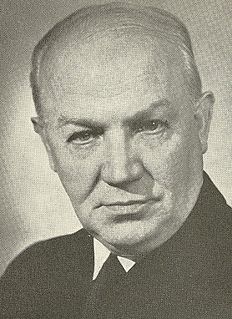 W
WGabriel Jönsson was a Swedish author and poet. He is best known for works inspired by Öresund and farming. He was one of the first members of the Scanian Academy in Sweden.
 W
WSandro Key-Åberg was a Swedish poet and novelist. He made his literary debut in 1950 with the poetry collection Skrämdas lekar. Other collections were Livets glädje from 1960, O from 1965, and I det darrande ljuset from 1981. His first novel was De goda människorna from 1975. He was awarded the Dobloug Prize in 1983.
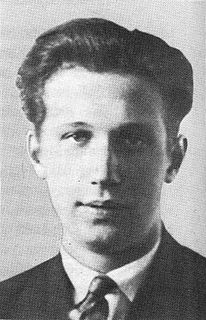 W
WJosef Kjellgren, was a Swedish writer and playwright.
 W
WMartin Koch was a Swedish novelist.
 W
WLeon Larson (1883—1922), sometimes written Larsson, was a Swedish anarchist and political poet, born in Skutskär.
 W
WOscar Ljungström (1868–1943) was a Swedish archivist, officer, and author.
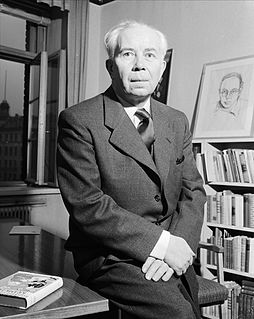 W
WIvar Lo-Johansson was a Swedish writer of the proletarian school. His autobiographical 1979 memoir, Pubertet (Puberty), won the Nordic Council's Literature Prize in 1979.
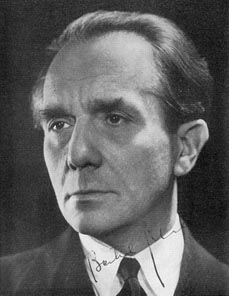 W
WBertil Frans Harald Malmberg was a Swedish author, poet, and actor. He was born in Härnösand to Teodor Malmberg and Hanna Roman. Malmberg is the 1956 winner of the Dobloug Prize, a literature prize awarded for Swedish and Norwegian fiction. He died in Stockholm.
 W
WHilding Mickelsson was a Swedish photographer and author, focused on documenting and preserving the nature, wildlife and cultural heritage in his home region Hälsingland.
 W
WKarl Fredrik Lukas Moodysson is a Swedish novelist, short story writer and film director. First coming to prominence as an ambitious poet in the 1980s, he had his big domestic and international breakthrough directing the 1998 romantic film Show Me Love. He has since directed a string of films with different styles and public appeal, as well as continued to write both poetry and novels. In 2007, The Guardian ranked Moodysson eleventh in its list of the world’s best directors, describing his directorial style as “heartfelt and uncompromising.”
 W
WPer Naroskin, is a Swedish psychologist, pscychotherapist, author and stand-up comedian. Naroskin participated in different shoew at Sveriges Radio, such as Studio Ett, Spanarna, and Jonas Val, and in 2006 he presented an episode of the SR show Sommar i P1 where he spoke about his life. He has also participated in the SVT show Fråga Doktorn.
 W
WAlbert Olsson was a Swedish writer and elementary school teacher. For most of his life he lived in Harplinge in the county of Halland, where he worked as a teacher, after graduating in 1924. He is mostly known for his novel trilogy about the farmer Tore Gudmarsson, published in the early 1940s and set in Halland in the 17th century, during the time when Halland switched hands from Denmark to Sweden.
 W
WAnders Österling was a Swedish poet and writer. In 1919 he was elected as a member of the Swedish Academy when he was 35 years old, the youngest ever, at that time. He was part of the Academy for 62 years, longer than any other member.
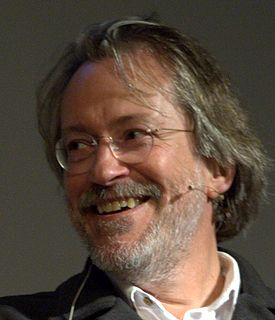 W
WNiklas Rådström is one of Sweden's most noted and prolific contemporary poets, novellists and playwrights. He is the son of the author Pär Rådström and theater director Anne Marie Rådström.
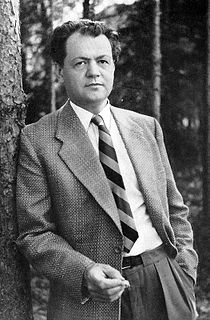 W
WSven Viktor Rosendahl was a Swedish journalist, novelist and short story writer. Among his books are the short story collection Svartstarr from 1949 and the novel Gud fader och tattaren from 1951. He was awarded the Dobloug Prize in 1984.
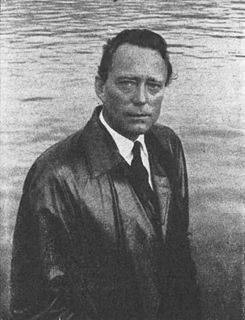 W
WPer Erik Rundquist was a Swedish novelist and poet. He made his literary debut in 1938, with the novel Sven-Patrik. Among his later novels are Kalla mig Ismael! from 1950, and Generalen from 1953. He was awarded the Dobloug Prize in 1974.
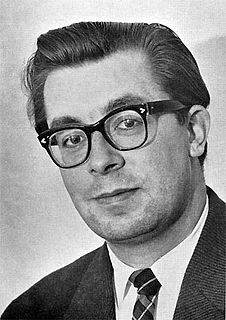 W
WGunnar Sandgren was a Swedish journalist, novelist and playwright.
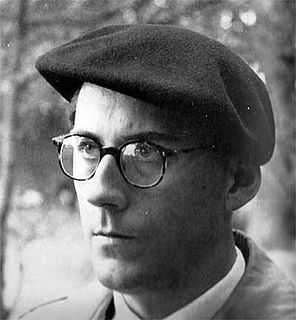 W
WÖsten Sjöstrand was a Swedish poet, writer and translator. He became a member of the Swedish Academy in 1975.
 W
WHjalmar Emil Fredrik Söderberg was a Swedish novelist, playwright, poet and journalist. His works often deal with melancholy and lovelorn characters, and offer a rich portrayal of contemporary Stockholm through the eyes of the flaneur. Söderberg is greatly appreciated in his native country, and is sometimes considered to be the equal of August Strindberg.
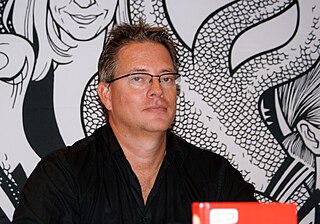 W
WJan Söderqvist is an author, lecturer, writer and consultant, and among other things also working as a literary and film critic for the Swedish newspaper Svenska Dagbladet.
 W
WGöran Sonnevi is a Swedish poet and translator. Sonnevi grew up in Halmstad; he studied literature and linguistics at the University of Lund, also getting librarian training. For many years he has lived in Järfälla outside Stockholm.
 W
WPer Erik Wästberg is a Swedish writer and a member of the Swedish Academy since 1997.
 W
WJacques Werup was a Swedish musician, author, poet, stage artist and screenwriter, born in Malmö. Werup's poetry is often associated to jazz. He was a childhood friend of Mikael Wiehe and Göran Skytte and had his first novel published in 1971. He has co-written many songs with long-time collaborator and composer Michael Saxell for various projects including Gör mig lite levande which is a CD and nationwide stage show with Swedish singer Lill Lindfors and En känsla av ljus, which is a concert Werup and Saxell wrote and performed with Mats Ronander and Benneth Fagerlund. Werup lived in Ystad.
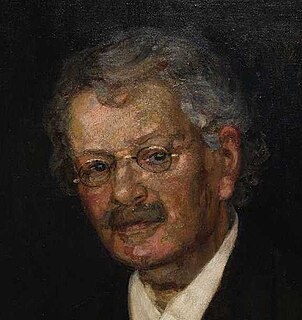 W
WJohan Gustaf Knut Wicksell was a leading Swedish economist of the Stockholm school. His economic contributions would influence both the Keynesian and Austrian schools of economic thought. He was married to the noted feminist Anna Bugge.
 W
WGeo Widengren was a Swedish historian of religions, professor of history of religions at Uppsala University, orientalist and Iranist.
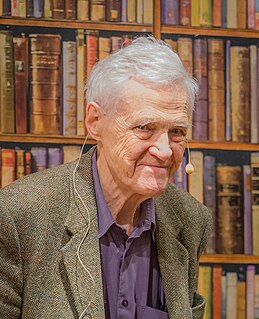 W
WCarl-Henning Wijkmark was a Swedish novelist and translator. He made his literary debut in 1972, with the novel Jägarna på Karinhall. Among his other novels are Dressinen from 1983 and Sista dagar from 1986. He was awarded the Dobloug Prize in 1986. He received the August Prize in 2007, for his novel Stundande natten.
 W
WJohn Bertil "Beppe" Wolgers was a Swedish author, poet, translator, lyricist, actor, entertainer and artist.
 W
WTore Zetterholm (1915–2001) was a Swedish novelist, playwright and journalist. He made his literary debut in 1940 with the novel Stora Hoparegränd och himmelriket. He chaired the Writers' Guild of Sweden from 1957 to 1972. He was awarded the Dobloug Prize in 1978.